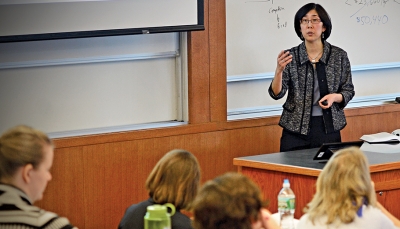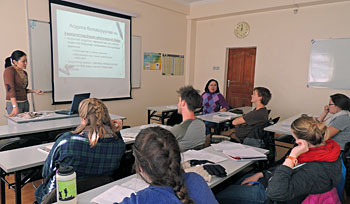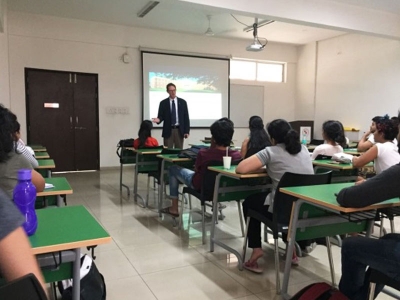How can I ascertain the relative merit of a foreign university?
For every Harvard, there will be 10 universities with doubtful credentials. Students desperate for a foreign tag bare easy preys for them. Before investing your family fortune in a foreign education, ascertain the merit of that university in terms of faculty, facilities and its standing. Although ascertaining this is difficult, this is one exercise that you will have to undertake.
Contact the representative organisations like USEFI (for USA), IDP Australia or DAAD (for Germany) to inquire about the institution that you want to join. In fact, most of the reputed universities and institutes of higher learning are represented by representative organisations.

 Representatives of foreign universities have one lament about Indian students: the moment they get out of the flight they announce, ‘I want a job.’ But the purpose of your going abroad is to study, not to earn. Keep it in mind that you cannot cover the cost of your studies by taking up work. That will only partially cover your extra expenses
Representatives of foreign universities have one lament about Indian students: the moment they get out of the flight they announce, ‘I want a job.’ But the purpose of your going abroad is to study, not to earn. Keep it in mind that you cannot cover the cost of your studies by taking up work. That will only partially cover your extra expenses





